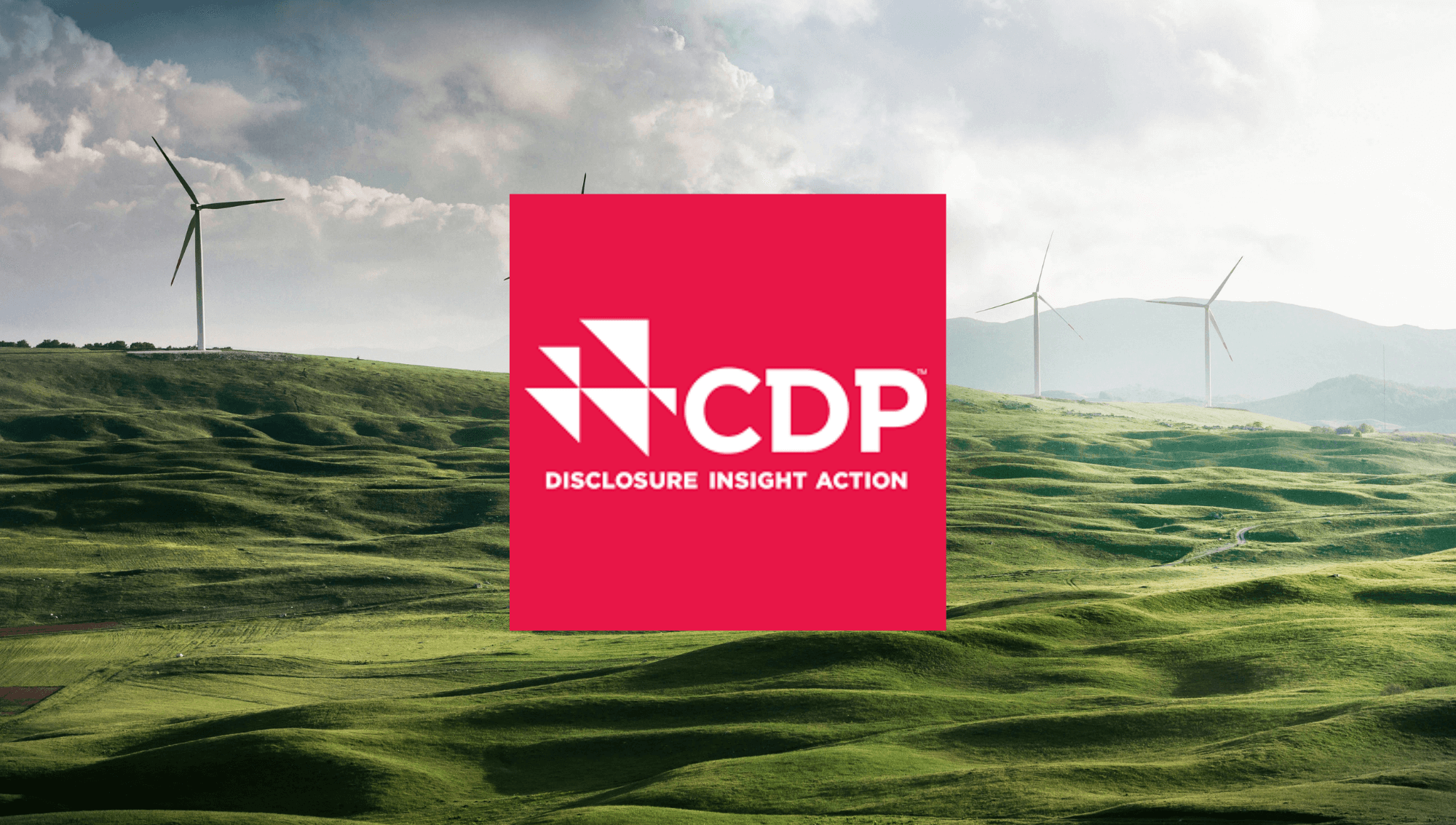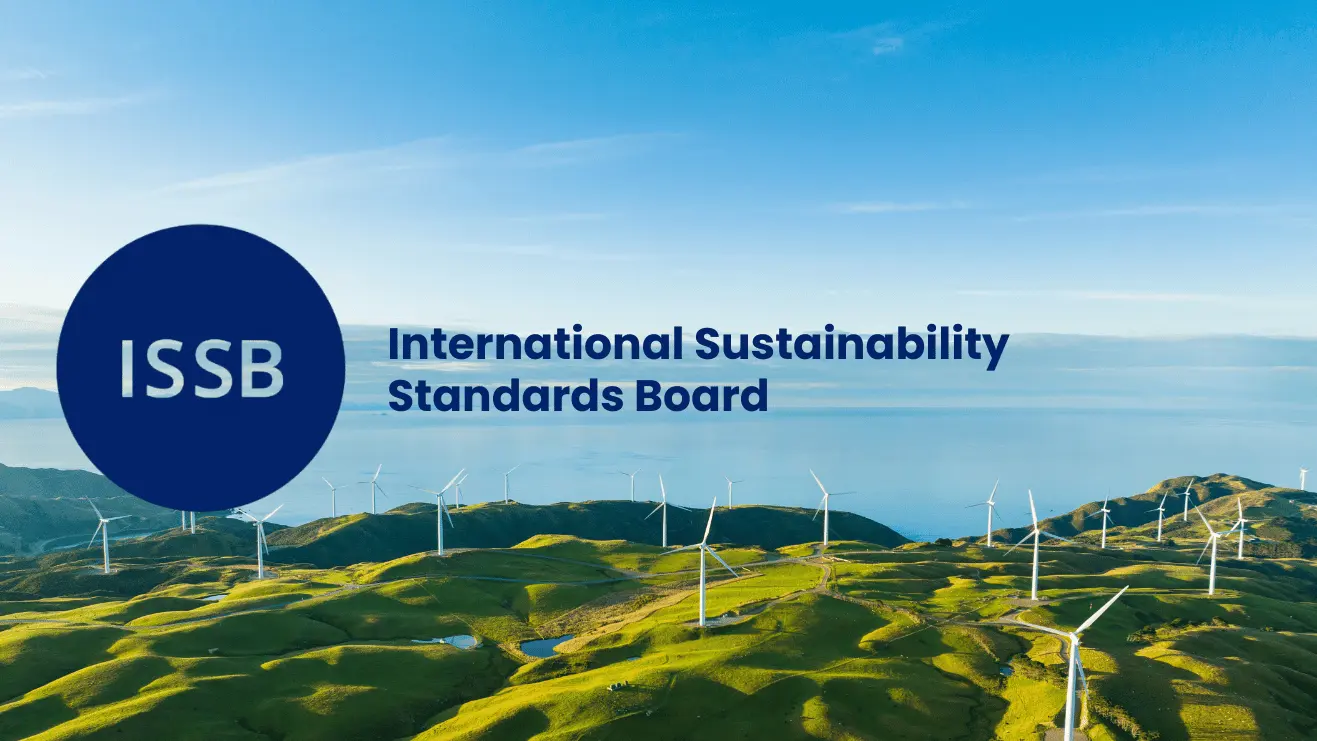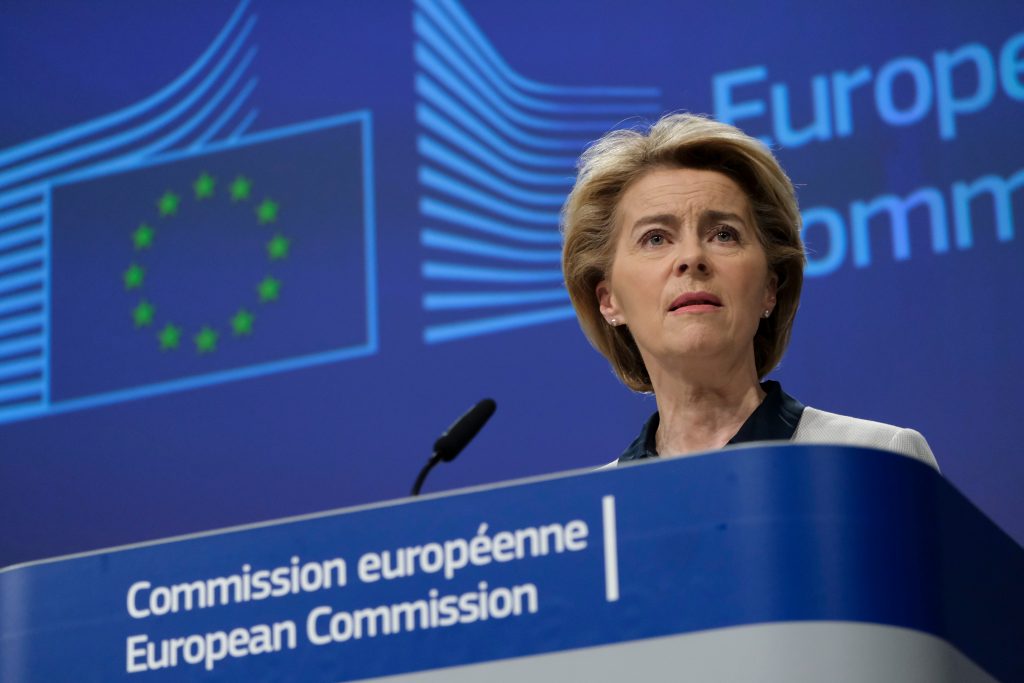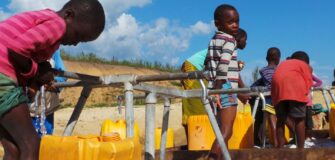Water Security and Sanitation: A Vital Partnership for a Sustainable Future – World Bank
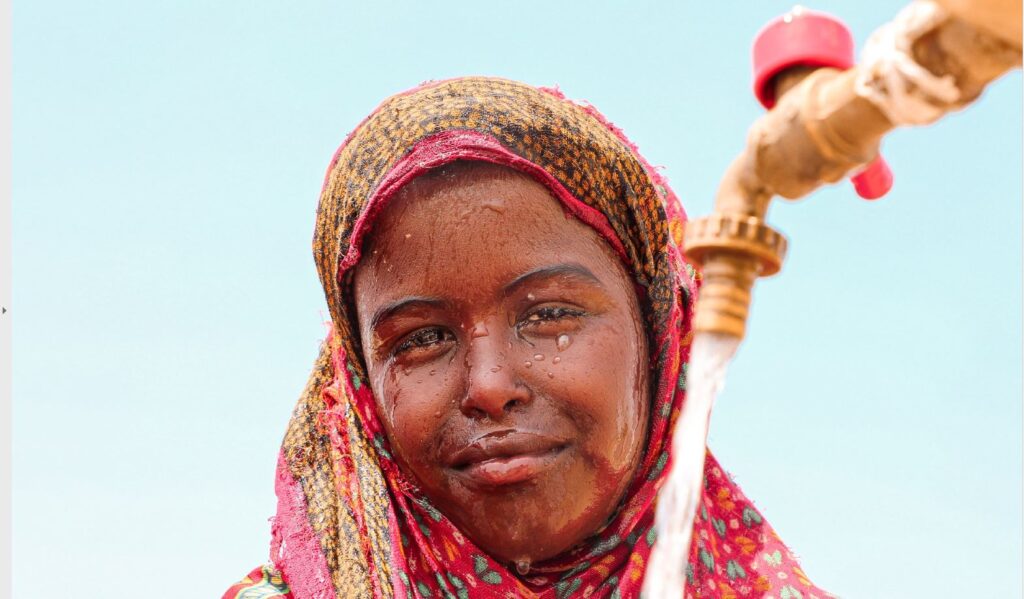
|
Listen to this story:
|
The world is not on track with meeting the Sustainable Development Goals (SDGs). As of 2022, 2.2 billion people lacked safely managed drinking water, 3.5 billion lacked access to safely managed sanitation, and 2 billion lacked access to basic hand hygiene facilities. Today, global investment needs in the water sector exceed $1.37 trillion. To meet SDG 6 by 2030, investments must increase sixfold from the current level. Scaling up water investments will result in healthier people and ecosystems, climate-resilient irrigation and drainage services for farmers and improved water storage. In fiscal year 2023, the World Bank saw increased demand from client countries for assistance in building effective and efficient institutions for delivery of water and sanitation services, achieving climate-resilient irrigation, and managing worsening flood and drought risks. GWSP provided support for designing and implementing projects that are sustainable and resilient as well as inclusive policy advice. Over the past year, GWSP informed more than $13.5 billion of World Bank projects. Below are some of the highlights from GWSP in 2023.
Download the 2023 Global Water and Sanitation Partnership Annual Report here.
KEY MESSAGES:
With billions of people at risk, the global water crisis demands accelerated action.
- In 2022, 2.2 billion people lacked safely managed drinking water, 3.5 billion lacked safely managed sanitation, and 2 billion lacked basic hygiene services.
- Unaddressed, the water crisis may result in global, national, and regional conflicts.
- Investing in water will result in healthier people, economies, and ecosystems.
- We must act quickly, collectively, and on a much larger scale if we are to meet the water-related SDGs by 2030.
As a center of excellence for water-related issues, we are well positioned to help countries accelerate action on water.
- GWSP is a platform for collaboration and support of the water-related SDGs. We drive policy changes, build capacity, and enable the delivery of results at scale.
- Our “knowledge into implementation model” has created a strong foundation of analytics, tools, data, and expertise.
- In FY23, our work informed World Bank projects worth $13.5 billion.
- In FY23, World Bank projects provided access to water and/or sanitation to nearly 30 million people, helped 2.79 million farmers adopt improved agricultural technology, provided nearly 2,560 schools and health centers with access to improved water and sanitation services, and created or strengthened about 5,160 water user associations.
- Our analytical products help to change the global narrative on water, with a growing number of requests for technical assistance.
- Our analysis helps inform the World Bank’s Country Climate and Developments Reports – all of which discuss water challenges.
We support and enable governments to develop solutions and scale up investment and impact for a water-secure world.
- Meeting SDG 6 by 2030 requires stronger institutions, more efficient utilities, and investments of $1.4 trillion.
- Alongside our partners, GWSP’s work helps countries create an enabling environment for investment – including in fragile, water-insecure environments.
- Water security is an issue that cuts across a range of sectors, requiring an integrated and collaborative approach to developing strategies and solutions.
- To maximize finance, the World Bank developed Scaling Up Finance for Water, a strategic framework and roadmap for action.
Our work is critical for delivering the World Bank’s commitment to mobilizing and scaling up support for water through the Fast Track Water Security and Climate Adaptation Global Challenge Program.
- Water runs through climate and development.
- When billions cannot access water, we do not have a livable planet.
- Our analytical work contributes directly to ending extreme poverty and boosting shared prosperity on a livable planet.
- We have the skills, tools, and expertise to scale up impact.
- We influence the shape of global water reform, innovation, and investment.
- Our achievements would not have been possible without the generous financial and advisory support of our partners.
- GWSP will enable the Water Global Practice to work with partners and support the delivery of water services in fragile and conflict-affected contexts where the World Bank does not have an active IBRD/IDA portfolio.
- GWSP will enable teams to work alongside governments to provide assessments and tools to design programs, build capacity to effectively implement programs, provide policy advice to establish an enabling environment, and bring global expertise to solve complex challenges.
- Through the Global Facility for Transboundary Waters Cooperation, GWSP aims to advance sustainable water management and climate action through transboundary water cooperation and development. By bringing together key partners and institutions, the Global Facility helps countries understand issues, identify solutions, promote agreements, and catalyze investment in support of water security while addressing broader global challenges such as preventing conflict and preserving biodiversity.
- GWSP will provide grants to incentivize investments in water resources, complementing IBRD/IDA operations.
How GWSP’s work is making an impact
Our work supports the World Bank’s strategic priority of addressing fragility, conflict, and violence. Fragile, conflict, and violence-affected countries suffer from poorly managed resources.
- In FY23, we supported the development of the water sector in 18 countries affected by fragility, conflict, and violence.
- Our support in these settings helped provide 3.45 million people with access to improved water sources and 2.88 million people with access to improved sanitation services through World Bank-financed projects in FY23.
- Our analytical and technical assistance led to a structured program of support for South Sudan’s water sector, with $215 million invested in providing flood protection and enhancing climate resilience among vulnerable populations and developing national water sector frameworks.
We support efforts to improve the ability, dignity, and opportunity of marginalized people to access water services and to influence water decisions. Fostering social inclusion, diversity, and equity in the water sector increases ownership and impact.
- In Georgia, a GWSP-supported project provides matching grants for women landowners to pay for irrigation technology and provides irrigation technology preferred by women.
- In FY23, 100 percent of GWSP-supported projects addressed both gender and citizen engagement, and 73 percent of new projects included actions to target marginalized people or communities.
We promote climate resilience by helping governments understand and address their water security challenges. Global warming disrupts hydrological systems and intensifies extreme weather, leading to increased water scarcity, unpredictability, and pollution.
- In FY23, GWSP provided support to 26 Country Climate and Developments Reports by analyzing the impact of water-related risks on economic growth and livelihoods.
- In Argentina, a GWSP-supported program aims to reduce flood exposure for 123,000 people and support 10 cities in adopting improved integrated urban flood risk management practices.
- In Cambodia, GWSP funded the development of a water resource modeling tool that generates climate change scenario projections, including risks of water shortages, to inform coordination between the country’s water resource and supply sectors.
- In the capital city of Asunción, Paraguay, a GWSP-supported project built a model to simulate erosion and sedimentation processes in the Paraguay River to manage the river, preserve wetlands, and increase resilience in selected areas along the riverfront.
We support the World Bank to move quickly.
- The Operational Toolkit for WASH in Health Care Facilities provides template terms of reference and procurement guidance, shortening the time it takes to prepare projects.
- In Madagascar, the toolkit was used to help collect data on existing WASH infrastructure in 765 health care facilities in four regions, and to provide guidance on the design and supervision of WASH and waste infrastructure for 70 of those facilities to inform the $220 million Madagascar National Water Project.
Related Article: EU Joins Efforts to Address the Global Water Crisis and Ensure Water Security for All by 2050
We produce cutting-edge research and analytics that shape policies, support decision-making, and inform World Bank projects.
- Recent work has uncovered clear links between addressing the water crisis and development, including The Hidden Wealth of Nations: The Economics of Groundwater in Times of Climate Change, which shows how groundwater serves as nature’s multi-risk assurance, and is key to poverty reduction, resilience, and climate adaptation.
- Droughts and Deficits: The Global Impact of Droughts on Economic Growth presents new estimates of the effects of dry episodes and droughts on GDP and highlights the need for stewardship of forests and other natural capital that affect the hydrological cycle but are seldom associated with the growth impacts of droughts.
- What the Future Has in Store: A New Paradigm for Water Storage highlights the importance of water storage for adapting to climate change and presents an integrated, multisectoral approach to developing water storage solutions.

